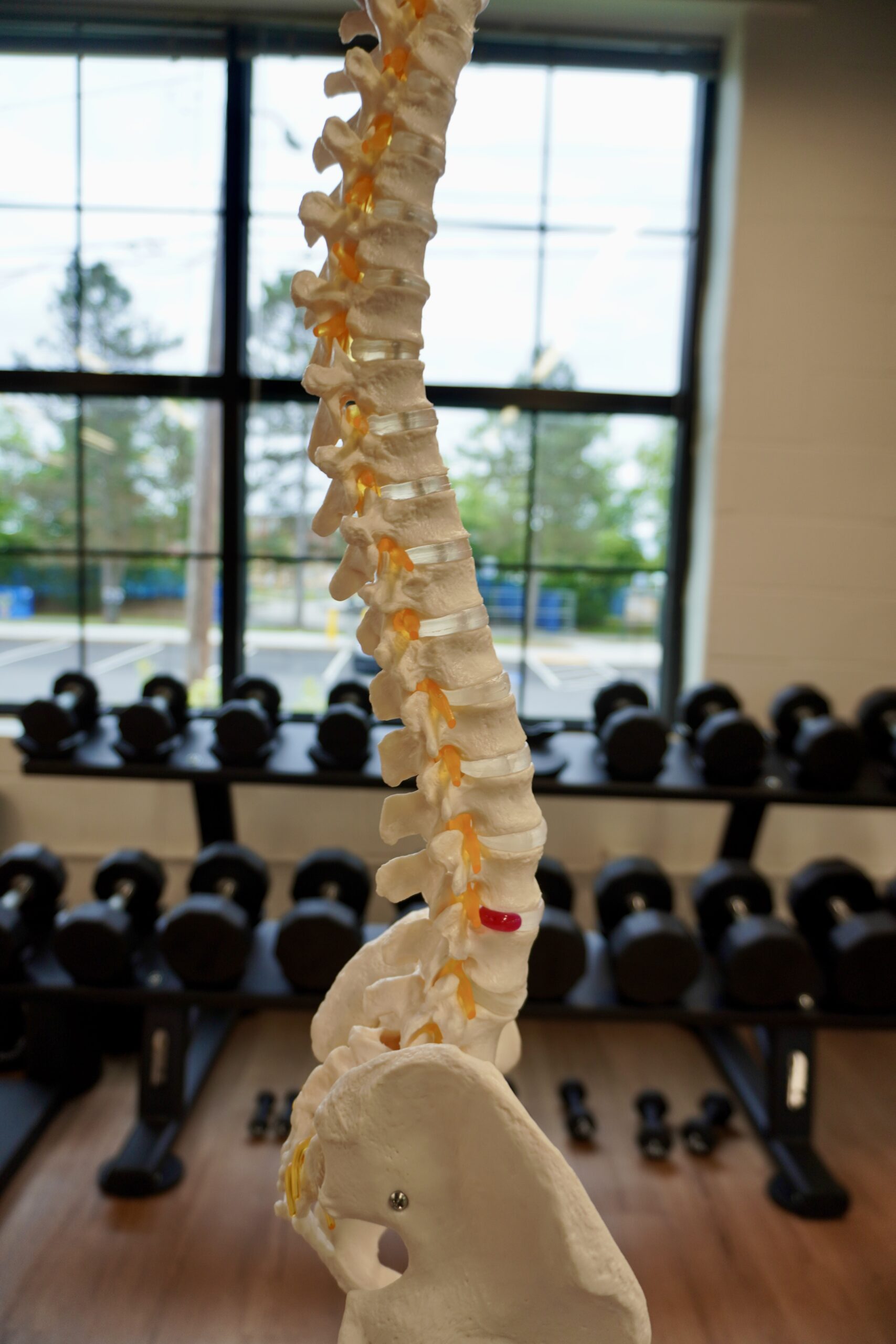Bone Health & Menopause
Did you know that your bones go through major changes during menopause? In this blog, we’ll talk about the bone changes that occur during menopause and what we can do to stay healthy!
What happens to bone during menopause?
Bones stay healthy by constantly going through processes of breaking down and rebuilding (this process is called remodeling). There are many factors that contribute to the balance of these processes, including estrogen. During perimenopause, and especially post-menopause, estrogen levels in women drop. This drop in estrogen disrupts the balance of bone breakdown & rebuilding, causing more breakdown and less rebuilding. This causes our bones to become weaker.
If I am experiencing menopause, how do I know if I have bone weakness?
Bone weakness is otherwise known as decreased bone mineral density, meaning the bones have less minerals & nutrients within them to keep them strong. Decreased bone mineral density is best discovered through a DEXA scan, which is a specific type of X-ray designed to measure bone density. Your primary care physician can prescribe this test for you if appropriate.
Decreased bone mineral density will be scored on either a T-score or a Z-score for each area of bone. These scores will categorize your bone health into these groups:
- Healthy (good bone mineral density)
- Osteopenia (low bone mineral density)
- Osteoporosis (severe loss of bone mineral density)
These scores will also give you information about how likely you are to experience a fracture, based on how resilient your bones are.
Can I prevent bone weakness during menopause?
Yes! Research shows that an exercise program, with supervision, consisting of a mix of aerobic training with resistance training, can be effective in improving bone mineral density. This is true for all individuals, including those experiencing menopause.
It’s important to note that women can start experiencing perimenopause up to 8 years prior to true menopause. During perimenopause, women can experience slowly declining estrogen levels. Be sure to start thinking about your bone health now, even if menopause seems a long time away!
What do I do if I already have osteopenia or osteoporosis?
Physical therapy!
We have research showing that exercise programs, specifically those programs with supervision, can lead to improvements in bone mineral density, most notably in the hip and lower back.
Given the bone weakness that is osteopenia and osteoporosis, there is an increased risk for bony fractures. It’s important to speak to your primary care physician and physical therapist before beginning an exercise program, as you want to ensure that you are mindful of building bone mass safely.
If I want to work on my bone health during menopause, where do I start?
Get started today working on maintaining or improving your bone health with a visit to one of our Doctors of Physical Therapy. Together, we will build a program that works for your lifestyle so you can work on your bone health for the long run.
Sources:
PMID: 18160467
PMID: 29062981
DOI: 10.1007/s00198-023-06682-1
https://www.niams.nih.gov/health-topics/bone-mineral-density-tests-what-numbers-mean


